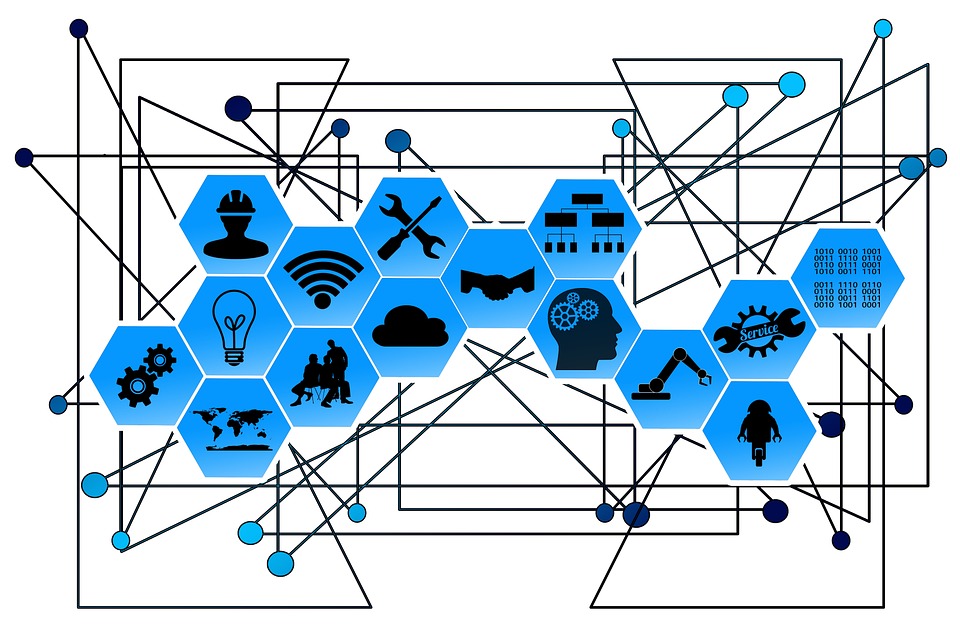Privacy Concerns in Tech: Balancing Innovation and User Security
In the age of rapid technological advancement, innovation progresses at breakneck speed, propelling societies into an interconnected future. From personalized experiences powered by artificial intelligence (AI) to progressive applications of the Internet of Things (IoT), technology has the power to enhance lives significantly. However, this advancement comes with a dark underbelly: privacy concerns. As companies strive to innovate, users are increasingly wary of the security and privacy of their personal information. Thus, a critical question emerges: how can we balance the benefits of innovation with the paramount need for user security?
The Current Landscape of Privacy Concerns
The explosion of data collection has become an inescapable reality in the modern digital world. Tech giants such as Facebook, Google, and Amazon collect vast amounts of user data—often without explicit consent. This data fuels tailored advertising, enhances user experience, and drives business strategies. However, the same data is also vulnerable to breaches, misuse, and exploitation. High-profile cases, such as the Cambridge Analytica scandal, have exposed the profound implications of unchecked data mining and manipulation.
User Awareness and Demands for Transparency
As awareness of privacy issues grows, so do user expectations. Consumers are no longer passive recipients of technology. Many now demand increased transparency regarding how their data is used, stored, and shared. Privacy regulations, such as the General Data Protection Regulation (GDPR) in Europe and the California Consumer Privacy Act (CCPA), have been introduced to protect users. These laws grant individuals more control over their data, compelling companies to prioritize privacy. Nevertheless, navigating compliance can prove burdensome for smaller businesses and may stifle innovation.
Innovations in Security Solutions
In response to growing privacy concerns, the tech industry is also making strides in security. Innovations such as encryption, blockchain technology, and privacy-centric applications strive to protect user data. For example, end-to-end encryption has become standard for messaging apps like Signal and WhatsApp, ensuring that only the intended recipients can access the message content.
Furthermore, decentralized technologies such as blockchain provide user data ownership and control, authenticating transactions and identities while minimizing centralized data storage risks. By applying these innovations, companies not only address privacy concerns but also build trust with users, ensuring a more durable relationship.
Ethical Considerations in Innovation
Balancing innovation with privacy rights involves ethical considerations that cannot be overlooked. Companies must adopt a user-centric approach in their design and development processes. This means incorporating privacy by design—wherein privacy features are built into products from the ground up—rather than tacking them on as an afterthought. Tech companies should engage in regular assessments of how their innovations impact user privacy, making necessary adjustments based on feedback and emerging best practices.
Future Directions: Towards a Cooperative Framework
The path forward requires collaboration between stakeholders, including technology companies, regulators, and consumers. Developing a cooperative framework can lead to:
- Industry Standards: Establishing standards for data protection can facilitate innovation while ensuring user privacy.
- Public Dialogues: Creating forums for dialogue between users, tech companies, and regulatory bodies can foster understanding and shared values.
- Educational Initiatives: Empowering users with knowledge about their digital rights and data protection can help them make informed decisions.
Ultimately, the intersection of innovation and privacy is a dynamic landscape that requires vigilance and adaptability. Technology has the potential to transform lives for the better, but not at the expense of individual privacy and security. As we stride forward into a tech-driven future, it is imperative that we prioritize user protection alongside innovation. By fostering a culture of transparency, accountability, and ethical responsibility, a harmonious balance can be achieved, benefitting both users and developers alike.
Conclusion
Privacy concerns are more than just a hiccup on the road to technological progression—they’re a fundamental aspect of user security literature that shapes modern technological relationships. By acknowledging the fears and expectations of users, emphasizing ethical practices, and innovating with a focus on security, we move closer to a future where technology enhances our lives while safeguarding our rights. In this balance lies the true potential of technology—a powerful tool for progress that respects and prioritizes the individuals it serves.



